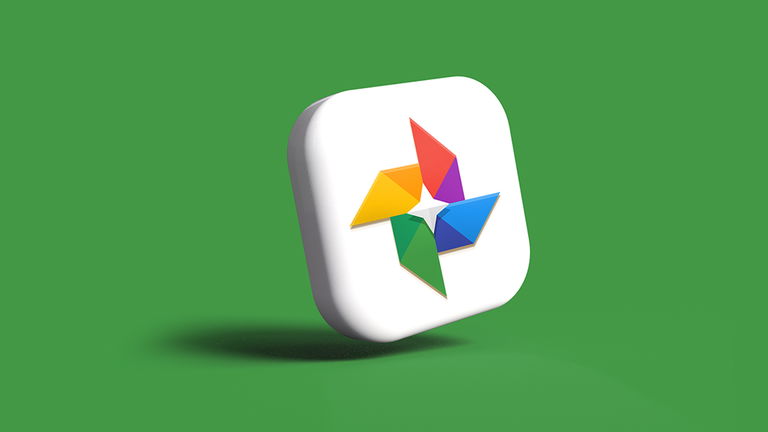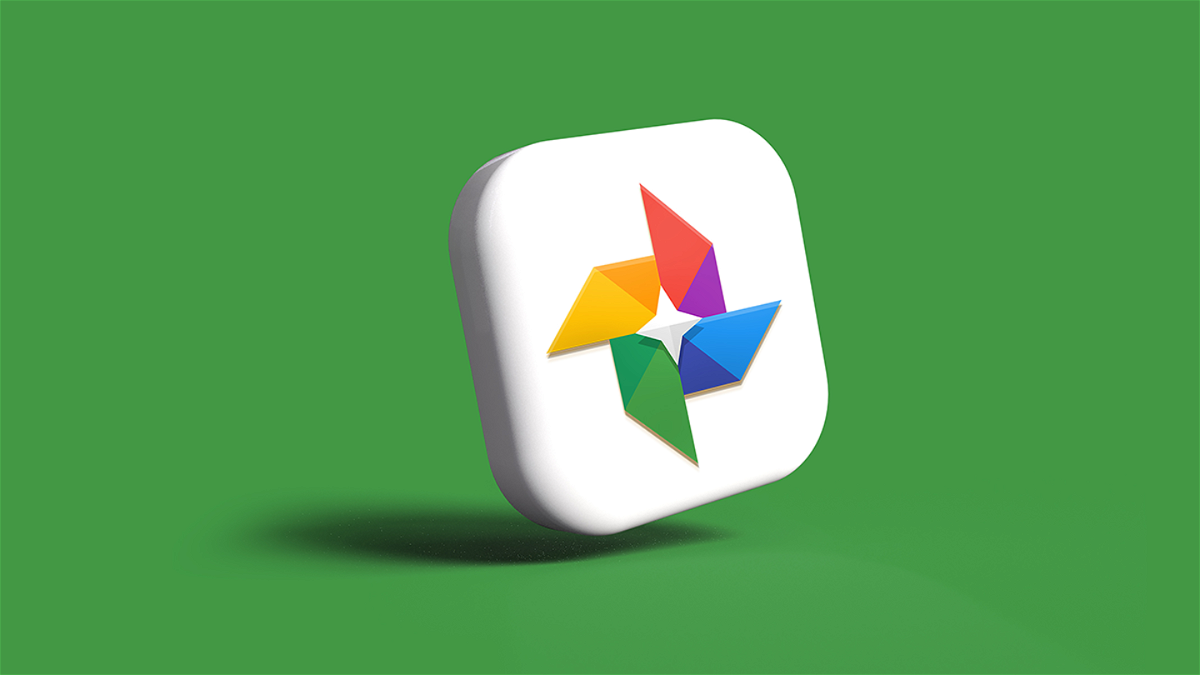Google Photos is one of the most useful tools for the Android ecosystem

Today we bring you a trick on what to do when Google Photos is full. One of the main issues we find with Google Photos is storage, since it easily fills up with our snapshots, which sometimes makes managing our account a real hassle. There are a few options, such as turning off Google Photos backup. However, today we bring you the solution so that you can get it Expand your phone storage absolutely free. Let’s go with it because the truth is that it is a rather simple procedure.
How to use “Free up space”
Many times we have Backup has been made We do not delete this information from our mobile phone. This creates a fairly obvious problem for us, since We have duplicate files This takes up very important space in our storage. So, Google Photos has a feature called “Free up space” which is very easy to use.
First of all, we have to do it Open Google Photos. Once this is done, we will have to go to the section “library”. There, the “Free up space” option will appear, which is where we have to give it and a new window will appear. In it they will explain the procedure in a fairly clear way.

These are the steps you must take to free up space
The process is very simple but takes a few minutes to complete as you will have to delete large amounts of files. It is very safe to do so because:
- The files are already backed up to Google Photos.
- These images can be viewed at any time again. You just have to enter the application and see them.
If you want to take control your backup-It’s very simple. You just have to go to your profile and choose “Photo Settings”. Once we are in there, we will simply have to access the Backup section there and choose how we want to make the backup. This will allow us to choose which folders we want to have as a backup. Something that will give us a lot of security about which documents we want to keep and which we’d rather leave aside.
In this way, storage will not be an issue. Especially for those devices Do not allow storage expansion via SD, which is becoming more and more, especially in the higher range. If we have a device with 128 GB of storage, this is likely to happen on many occasions We are running low on storage.





